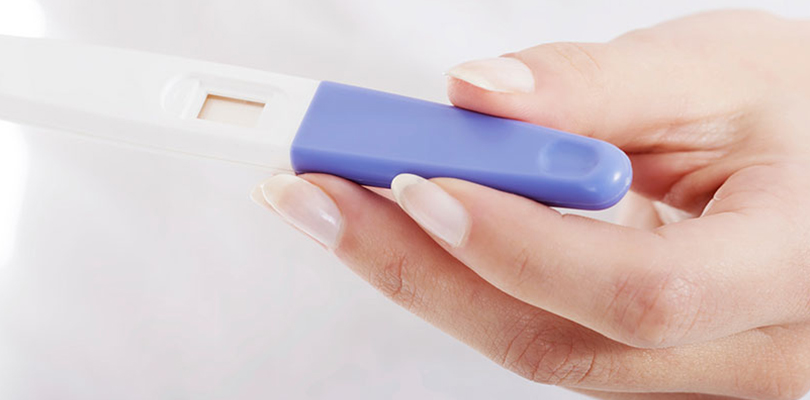Eating Disorder Treatment Centers
Eating disorders can be extremely taxing on both your mental and physical health. Seeking help can seem overwhelming at times, however, there are treatment centers available that specialize in treating eating disorders.
There is a wide variety of eating disorder treatment centers. They can be illness-based, demographic-based, or severity-based. Many specialized centers even have multiple types of programs that are dedicated to helping patients with their specific needs. Eating disorder treatment centers tend to promote group therapy sessions and building social networks throughout the treatment process.
Adolescents, Women, and Men
There are a wide variety of factors that can influence whether or not someone will develop an eating disorder. Age, gender, and severity are all things that can play a factor in choosing which treatment center and/or which program is best for you. One of the main types of programs that some eating disorder centers will have are ones dedicated to treating adolescents.
A developing brain responds to things differently than that of a fully grown adult. They tend to lack the coping mechanisms, and often the self-awareness that many adults are more likely to have.
These programs have professionals who have experience treating adolescents who are struggling with this. Some facilities may even have sub-programs that are specifically geared towards treating adolescents with certain eating disorders.
There are also treatment centers that have programs designed to treat women and men separately. Women are twice as likely to develop an eating disorder as men. Being surrounded by other women going down a similar treatment journey can be comforting for some patients. This is the same for some men in the male-only programs, however, there tend to be less male-only treatment programs in general.
Residential vs. Outpatient Programs
Depending on your condition, insurance, and the severity of your illness, you may be given the option of choosing between a residential program and an outpatient program.
Why Choose a Residential Program
With residential programs, a patient lives at the facility full-time. These are especially helpful for individuals whose illnesses are more severe. They’re able to be monitored full-time by teams of mental health professionals, as well as other types of doctors.
The main goal of HIV treatment is to either slow the progression of the virus or stop it altogether. Read on to learn more about HIV treatment.
For those who have previously attempted to take their own life, have hurt themselves previously, or those who are receiving treatment for another illness at the same time, a residential program may be the best option. This is also a good option for a person who cannot care for themselves, whether it be due to their eating disorder, or another type of health condition.
These programs typically last a few months. Depending on the facility, residential programs are more likely to have specialized treatment programs for men, women, or adolescents.
After residential programs, sometimes patients will go into partial hospitalization, or partial inpatient care programs. These programs can take place four to five days per week and often times the patients will spend a large portion of their days at the treatment facility. This can be a good transitionary stage for patients exiting long-term or even short-term residential programs. After this, a patient may be ready to move to an intensive outpatient program.
Why Choose an Outpatient Program
In intensive outpatient programs, patients attend therapy sessions fairly often during the week, however not as often or for as many hours as patients in partial hospitalization or partial inpatient care programs. This is another useful transition for those continuing their treatment.
Next, a patient may move into a regular outpatient program. These are less intense than intensive outpatient programs. Generally, a patient will attend treatments at the facility less than they did when they were in intensive outpatient programs. Patients attend specific programs throughout the week, and then they go home and continue their daily life.
There are other programs, however, the exact details of the treatment programs depend on the facilities themselves.
Are There Cons to Eating Disorder Treatment Centers
Treatment centers can be great for individuals who enjoy group therapy sessions, and immersive, interactive therapy sessions. They provide a different type of outlet than typical one-on-one based therapy sessions. They also help teach patients how to identify and explain their emotions to others.
With that being said, for some patients, treatment centers can be difficult. Since there are many that place such a heavy focus on group therapy and social interactions, those with social anxiety or mental illnesses that inhibit social interactions may struggle with these types of group-oriented treatment. For these individuals, finding a therapist who specializes in treating eating disorders may be more beneficial.
Treatment Centers Can Be Great
Treatment centers can be extremely helpful for many with eating disorders. Often times, their treatment plans allow patients to progress through different stages depending on how far along they are in their own treatment.
Whether you’re looking for treatment centers or individual therapists, making an appointment with your doctor to discuss your eating disorder treatment center options is the right step in receiving professional treatment.







